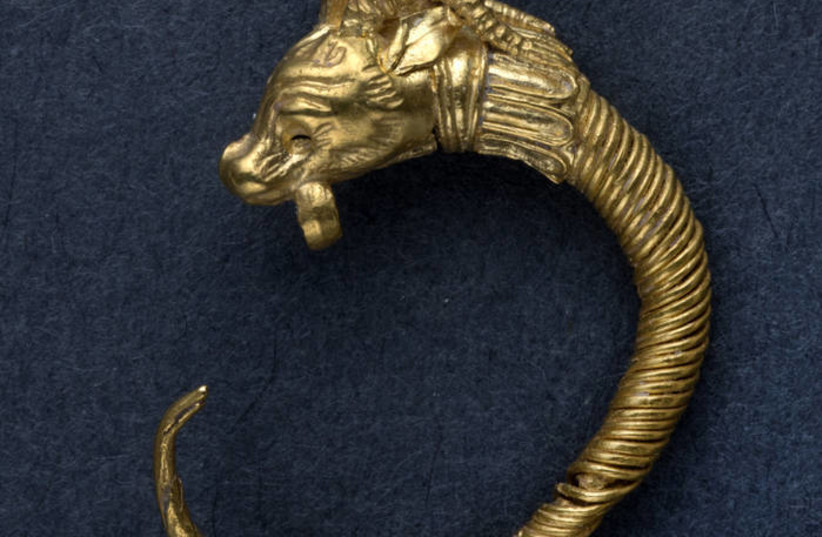Cremated remains were discovered by archaeologists in Istanbul in what they call a rarely found tomb, Anadolu Agency reported in early April.
The brick tomb dates back 2,300 years.
The body, which is believed to have been set on fire, was unearthed during the ongoing archaeological excavation at the well-known Haydarpasa Train Station in Istanbul’s Kadikoy district. At the time of burial, the area was known as Chalcedon, a thriving city in the Hellenistic period. Archaeologists also found a terracotta goblet and a perfume bottle inside of it.

Rahmi Asal, director of the Istanbul Archaeological Museums, told Anadolu that the discovery could lead to more valuable insights.
"This is very valuable. It is one of the oldest finds in this area," he said, adding that "I have never seen this type of a cremation tomb from the Hellenistic period."
Asal was referencing the fact that some of the individual's bones survived, despite likely being set ablaze.
